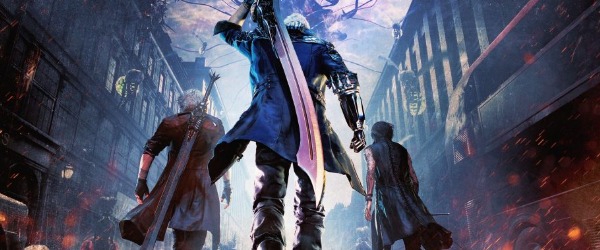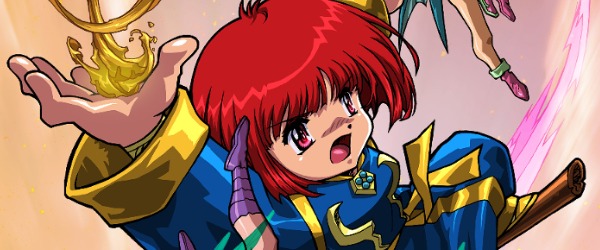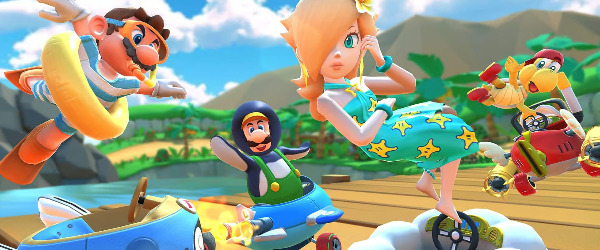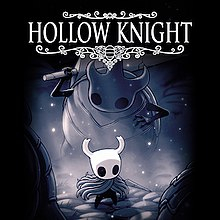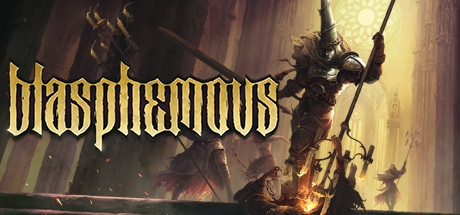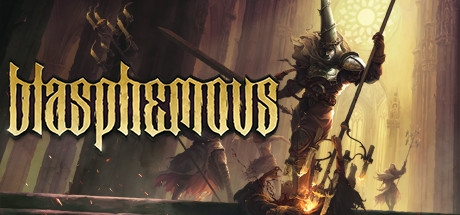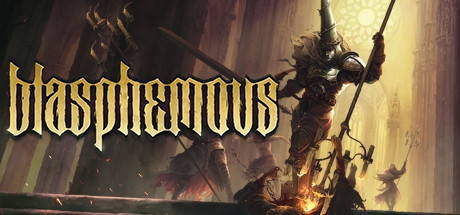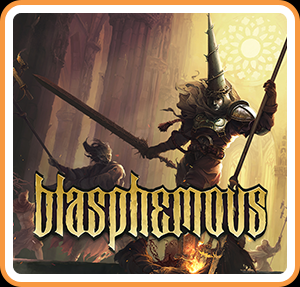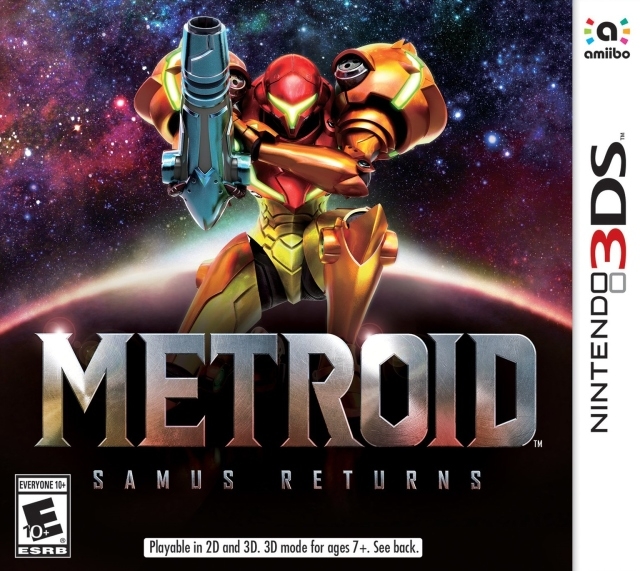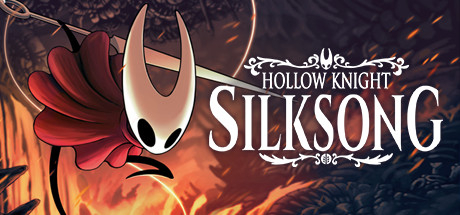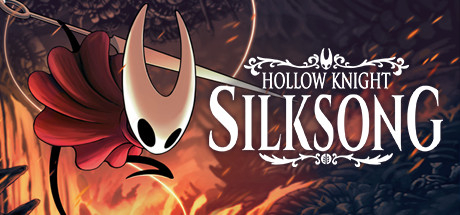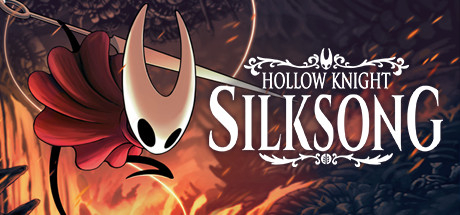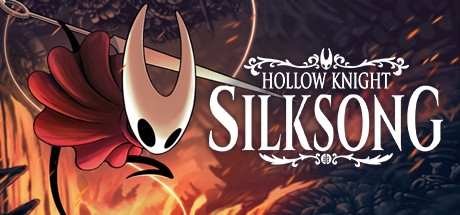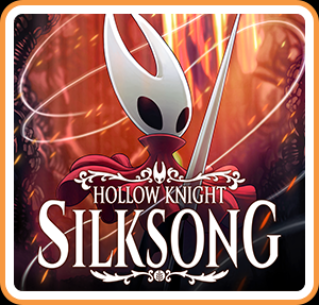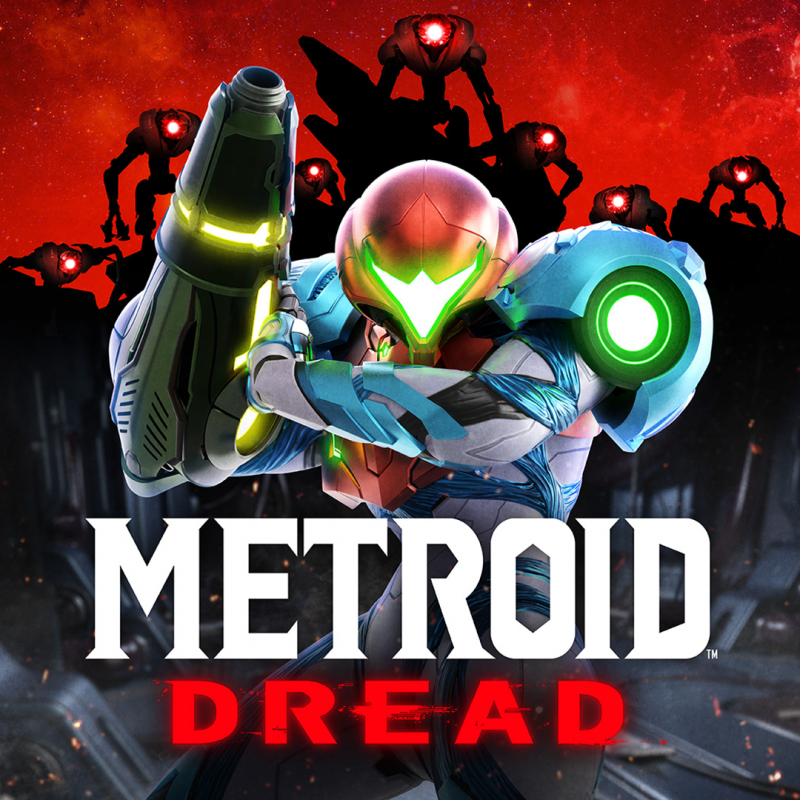
Metroidvania Corner: Hollow Knight - Article
by Paul Broussard , posted on 18 January 2024 / 3,918 ViewsSometimes a game gets so much attention that it’s basically impossible to do a retrospective on the genre without talking about it, and Hollow Knight probably fits that description for the Metroidvania genre better than just about any game that isn’t actually an official Metroid or Castlevania title. It’s now been seven years since Hollow Knight launched, and while the initial PC launch didn’t garner an astounding amount of acclaim, by the time the Switch release rolled around the following year it had developed an intense cult following, to the point where it isn’t uncommon to find Hollow Knight on “best of all time” lists. I had initially planned to wait until Hollow Knight’s DLC/Expansion/Sequel/Whatever it is now, Silksong, was close to being released to drop this piece, but it’s increasingly becoming clear to me that Team Cherry is waiting for the heat death of the universe to release anything, so let’s just forget timeliness and talk about it now.
I’ll state up front that I’ve played through Hollow Knight twice: once in 2018 on PC, and then again recently for this article, but it was only lately that I took the time to go through and finish up the true ending as well as tackle some of the DLC, so feel free to call me out for being a fraud until that point.

Right off the bat, the aesthetic of Hollow Knight certainly makes an impression. It’s clear that even though this is an indie title, there was a ton of production value that went into the beautiful hand drawn videos and melodic soundtrack. I do think the visuals could stand to benefit from having some areas that lean away from the “dark” theme the game seems to love, but besides that it’s hard to complain about the art direction. The accompanying score also captures the mood very well, and while I don’t think it’s a soundtrack I’d listen to on its own, it certainly fits what the game is going for.
Get past the initial presentation elements and the story of Hollow Knight kicks off with our playable character, the Knight, being mysteriously drawn to the ruins of the city of Hollownest by an unseen force. From there, we’re kind of just let loose and told to explore, which I feel drops the ball a bit. As a player, I don’t feel particularly engaged right off the bat; my character may have some unseen force compelling them to root around in the dirt and smash bugs up, but as a human, I have no such force acting on me and giving me a reason to be invested. Contrast that with some other titles, even if it’s something as simple as Bloodstained threatening the end of the world if Gebel isn’t stopped, or Guacamelee’s Juan being tasked with pulling a Leon Kennedy and saving the President’s daughter. Those titles present the player with an immediate hook that catches their interest, giving them something to latch onto and motivate them to get going until they're sucked in by the lore and backstory.

Once Hollow Knight does start peeling back the layers of its lore, though, there is a compelling world to learn and discover more about, and a ton of backstory explaining how the world got to be in the ruined shape it's in. There’s some fantastic environmental storytelling that takes place, particularly from area design and the way the world slowly changes as events progress. As with many other titles in the genre, the actual story is fairly simplistic; the real joy comes in discovering it, like a detective slowly unravelling a mystery.
It’s a good thing it’s compelling too, because finding some parts of the lore is a near Herculean effort. I’m all for having the player organically discover more about the world, but a number of pretty important story points are hidden behind elements that feel unreasonably out of the way. Much of the lore behind both the initial efforts to contain the main antagonistic force in the game, and who the main character even is, are restricted to lines of very cryptic text buried in dream sequences scattered throughout the map, usually in places you’ve already traversed before even acquiring the item that lets you access said sequences. It makes the quest to uncover these elements of the backstory feel a lot like Breath of the Wild’s memories, which I’m really not a fan of. It basically forces you into an extra run-around of the map towards the end if you want to figure out what the heck is going on (or, more to the point, get one of the better endings).

Progression in Hollow Knight is pretty light on required items, with only a handful being acquired after the first hour or so. There’s less of a feeling of the world slowly opening up, and more of a huge world available to the player from the get go, with sub areas that become accessible when items are grabbed. I think, ultimately, I wind up not liking this decision too much. I can certainly see the appeal behind giving the player more room to explore, especially on repeat playthroughs, but it winds up meaning that initial playthroughs tend to feature a substantial amount of walking, only to find yourself in an area that you can’t properly interact with yet and having to then walk all the way back to where you were initially. I think the more standard solution, of having segmented, item-based progression with built-in sequence breaks to allow experienced players on repeat playthroughs to maneuver around the world more freely, is a better system; it cuts down on aimless wandering while simultaneously giving experienced players room to push the game to its limits.
What I think drags Hollow Knight down much more, however, is how unrewarding the optional pickups are. This is the type of game where you can spend fifteen minutes navigating around exceptionally dangerous terrain and platforming segments, where one missed jump or grazed spike means starting over from scratch, and if you’re lucky you’ll come away with an item that you need three more of to boost your max health, or a mediocre charm that you probably won’t use because it isn’t worth spending on the fairly limited equip slots. It’s far more likely the reward will just be money, an item you can sell for money, or a grub to rescue… which will usually reward you with more money.
To be clear, I don’t think there’s anything inherently wrong with the inclusion of these types of pickups. Having a piece of something that isn’t useful until you find several more of it, or an equippable item that only a fraction of players are likely to actually use, isn’t a problem on its own; not every item needs to feel like you just hit the jackpot. In fact, it’s probably good that not every item does, as it makes the really rewarding ones feel special. The problem stems more from the fact that the vast majority of discoverable items feel like this. Metroidvanias are, at their core, about creating a sense of progression; of you slowly becoming stronger and more powerful as you unlock more and more of the world. The relatively limited number of main upgrades, along with the general dearth of significant optional powerups, means there are precious few moments here where you truly feel like you just got significantly stronger. That feeling of progression and empowerment from discovery is largely absent from Hollow Knight.

Speaking of becoming more powerful, we might as well talk about what all that power is generally used for, which in most Metroidvanias is some sort of combat. Hollow Knight places a pretty big focus on combat as well, with an intuitive system that functions fairly well. I don’t think it's the best combat system the genre has seen, but it certainly works well enough and never brings the experience down. I’m not the biggest fan of the standard enemies; it has a Samus Returns-esque problem where an annoying amount of the enemies you run across are so mobile and hyperfixated on you dying that you can’t really afford to not very slowly clear them out as you progress. That, combined with the aforementioned relative lack of character progression, means that there aren't many satisfying moments where you return to a previous area that gave you trouble and effortlessly speed through it, which is a shame.
Bosses are where Hollow Knight places most of its combat emphasis, however, and for a 2017 indie title they're very well done. They do a good job of testing your skill and demanding familiarity with the game’s systems without feeling unfair. They’re fast-paced and fun, keeping the onus on the player to attack and balance risk/reward. When I came into Hollow Knight for the first time, I’ll admit I was a little nervous about the reputation its bosses have garnered for being incredibly difficult, but I was surprised with how little I struggled. That isn’t meant to be some kind of humble brag, as I’ll freely admit I died and lost all my geo plenty of times while exploring the world, it's just to say that I don’t think anyone who is worried about trying the game due to difficulty need be concerned. I’d argue titles like Blasphemous and Metroid Dread both featured far more challenging bosses (excluding challenge DLC at least, where the difficulty can spike to extremely high levels).

I’ll wrap things up with a few more nitpicky complaints. For one, I don't like having to find a recurring NPC to acquire any sort of map for each area. Forcing you to find someone to get a map for an entire region is one thing, but not even letting you see the rooms you’ve already traversed is both annoying and nonsensical. Additionally, requiring usage of a specific charm to see where you are on the map perhaps makes logical sense, but really it just feels like you have to sacrifice a limited charm slot for a quality-of-life feature that basically every game with a map automatically includes. The inclusion of a Dark Souls style “ghost” system also feels unnecessary; it makes sense in Soulslikes where you’re frequently spending money to level up, but Hollow Knight has no such mechanic, and spending your money often requires long trips across the map to get to shopkeepers. Not being willing to make a 10 minute detour can mean risking half an hour’s worth of cash at any given time, and that’s not a gamble I find particularly engaging.
This is perhaps inviting some pitchforks in the comments section, but I’ll admit that when I finished Hollow Knight the first time around, I found myself thinking “that’s what people were so excited for?” Replaying it, I do believe I grasp the appeal of certain elements more, particularly the backstory and combat design. That said, there are a myriad of other elements that I think hold Hollow Knight back from greatness, or even being particularly good. Its scale and scope are immensely impressive, especially considering the limited resources and manpower the developers were working with, but bigger isn’t always better, particularly when there isn’t as much meaningful content to fill the size of the world. The game’s dearth of meaningful upgrades makes exploration very unrewarding, and the feeling of progression is largely non-existent. Major powerups and meaningful optional discoverables are so few and far between that the sense of growing as a character is largely absent, and instead of a world expanding naturally along with the character’s toolkit, the game presents a much more haphazard, open-ended style.
I certainly respect the sheer amount of effort that Team Cherry put into Hollow Knight, and especially for creating multiple endings & challenge gauntlets for the veteran player base. Plus the combat, tight controls, and atmosphere are enough for me to elevate Hollow Knight above quite a few lesser titles in the genre, but I finished my second playthrough still not smitten with it in the same way that many others seem to be.

More Articles
Harsh, I can agree with some of your cricisms and also consider it somewhat overhyped (though that can be said for many games), but I think I hold the base experience in much higher regard (due to excellent combat and world) and I didn't have the same issues with the exploration or progression that you mention. The map critisms are super valid if not the biggest deal to me, but the bigger issue is that its striving to be Dark Souls with punishing mechanics (ghosts, drop on death resource and breakable charms) ultimately hurts what could have been one of the greatest metroidvania ever. I still consider it a great game though, more enjoyable than most metroidvanias, and ironically the game it tried to replicate. I'd give it an 8/10, which is well above the average metroidvania for me.
In terms of this genre of game, I guess most would cite this as one of the best. I have played a few of the genre but not many. Guacomelee a long time ago, Yoku's more recently (but that's was more for the pinball side) yet I will admit that Hollow Knight is the game that showed to me that really, I do not like Metroidvanias. :P
I played all of about 2 hours when I got it on PS+, this meant to be legendary game, meant to be amazing and spent 2 hours just lost and seemingly not doing anything. Gave up.
I'll continue to read your writeups though, waiting for Yoku's to hit the list. ;-)
That ladybug holding a sword deserves to be in The Louvre. Just beautiful.
I can say I'm one of the people who is smitten with Hollow Knight. It is literally my all-time favourite game in the whole Metroidvania genre, and generally speaking many of the things you criticized are among the elements that made it so great in my mind, like the lack of a map or the Dark Souls-esque ghost system. I thought they both added to the general atmosphere the game was building. I also don't really agree with the game lacking a feeling of progression or empowerment, since I always found that you were pretty consistently finding new skills and powering up old ones throughout the journey.
The charms can admittedly sometimes feel underwhelming depending on your playstyle, but many of them also allow for a fair bit of experimentation and unexpected combinations with other charms. That said, I can understand how Hollow Knight is not the kind of game everyone's going to enjoy. Many of the elements that I love about it are things I can easily see turn other players away just as easily.
I'm sure we're in the minority, but I feel the same way about this one (though I got bored and stopped playing before I completed it).
Same
Despite all the hype, I have yet to play Hollow knight. After playing through both Ori games and absolutely loving them both, I've been wanting more. I have not finished Dread, but have been eyeing this game again. Will Hollow Knight live up to my hopes, coming from my amazing time with the Ori games, or could I end up dissapointed?
It's nothing like the Ori games, it's a lot slower in its pacing and is really the type of game that demands the player to want to delve deeper into it - as the article criticizes, the game gives you no "objective". Personally I think this is a good thing, but definitely don't expect anything like Ori.









